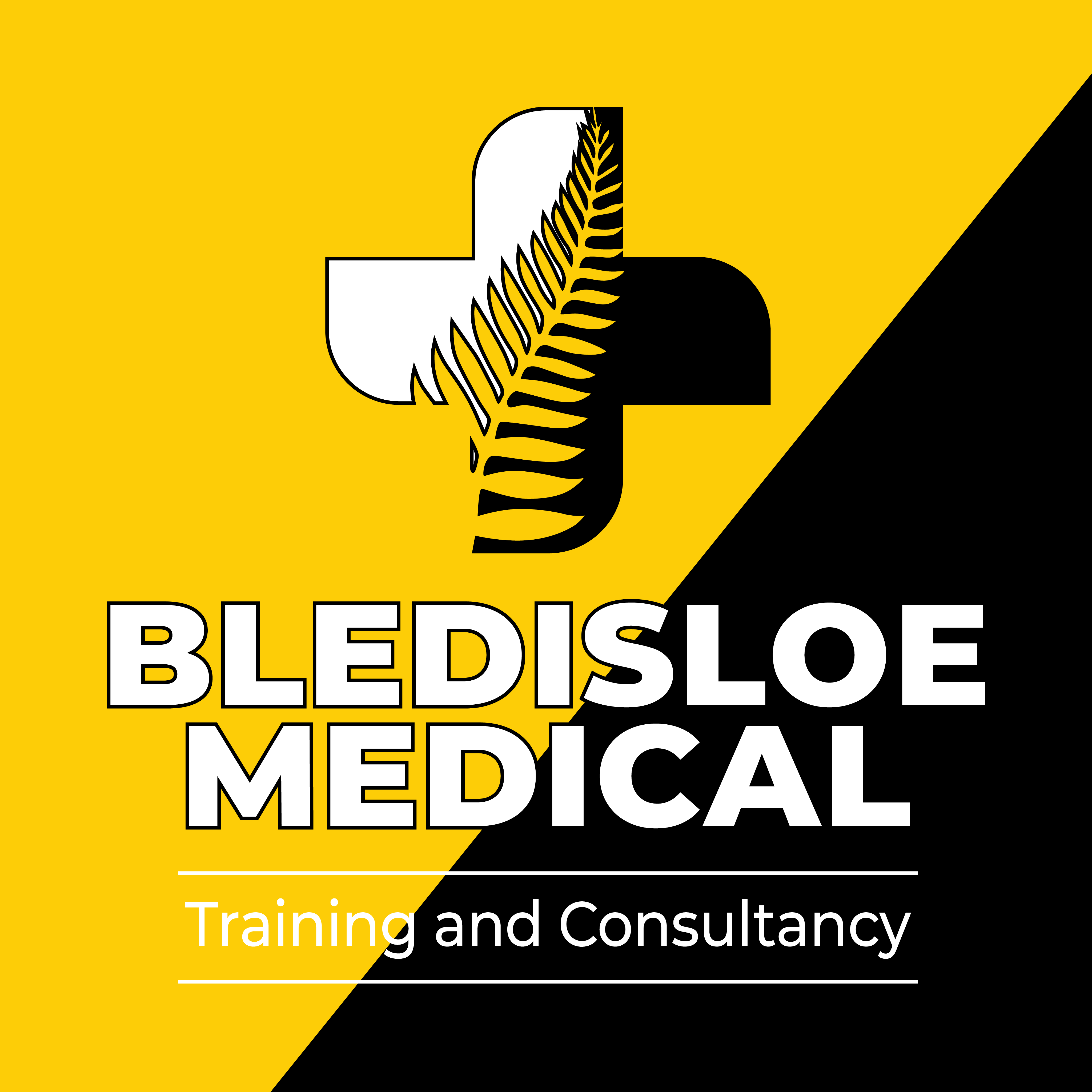Volume 6 Number 1
That’s a lot of claret on the wall!
Tom Hoey
For referencing Hoey T. CPD: That’s a lot of claret on the wall!. JHTAM. 2024;6(1):17.
DOI 10.33235/JHTAM.6.1.17
A great person once told me that blood, bright lights and cold steel are the three things that will save the life of a patient suffering major trauma. Many salvageable trauma victims die from exsanguination at the point of injury (POI) or during retrieval. We know from many studies over the past 100 years or so that actual blood (or its parts) is the best fluid to replace lost blood. Bringing this life saving elixir closer to the POI extends the time you have to get to damage control surgery and provides the best outcomes for patient care.
These online review questions linked to in the QR code below will be featured every issue in JHTAM to offer remote, austere, pre-hospital clinicians an opportunity to test their knowledge about their practice.

Suggested reading
- Trauma Hemostasis and Oxygenation Research (THOR) Network (rdcr.org)
- BloodSafe eLearning Australia (bloodsafelearning.org.au)
The two above suggested readings provide a good basis of information on blood use. The THOR websites whole blood field transfusion course is especially excellent (and free).
Bibliography
Crombie N, Doughty HA, Bishop JRB, Desai A, Dixon EF, Hancox JM et al. Resuscitation with pre-hospital blood products in adults with trauma-related haemorrhagic shock: the RePHILL RCT. Efficacy & Mechanism Evaluation (EME). 2024;11(2), vii-61. https://doi.org/10.3310/TDNB9214
Hanlin E, Meyer DE, Heft N, Stilgenbauer H, Cotton B, Bourgeois M, et al. (2024). Prehospital Validation of the Assessment of Blood Consumption (ABC) Score. Prehospital Emergency Care. 2024;28(3):495–500. https://doi.org/10.1080/10903127.2023.2166174
Lee JS, Khan AD, Wright FL, McIntyre Jr RC, Dorlac WC, Cribari C, et al. Whole blood versus conventional blood component massive transfusion protocol therapy in civilian trauma patients. American Surgeon. 2022; 88(5):880–886. https://doi.org/10.1177/00031348211049752
Moffat B, Vogt KN, Inaba K. The shock index: Is it ready for primetime? Critical Care. 2013;17(3),196–196. https://doi.org/10.1186/cc13040
Richards JR, McGahan JP. Focused assessment with sonography in trauma (FAST) in 2017: What radiologists can learn. Radiology. 2027; 283(1):30–48. https://doi.org/10.1148/radiol.2017160107
SA Health. Bloodsafe Elearning Australia. 2022. Available from: https://bloodsafelearning.org.au/
Trauma Hemostasis and Oxygenation Research Network (THOR). Whole blood field transfusion course. 2019. Available from: https://thor.podia.com/thor-whole-blood-transfusion-course
Weidemann F, Decker S. Epping J, Örgel M, Krettek C, Kühn C, et al. Analysis of extracorporeal membrane oxygenation in trauma patients with acute respiratory distress syndrome: A case series. International Journal of Artificial Organs. 2022;45(1): 81–88. https://doi.org/10.1177/0391398820980736
Author(s)
Tom Hoey
ED Nurse Practitioner Townsville University Hospital, Australian Army
Affiliation Address: Townsville University Hospital, 100 angus Smith Drive, Townsville
Email thomas.hoey@health.qld.gov.au


